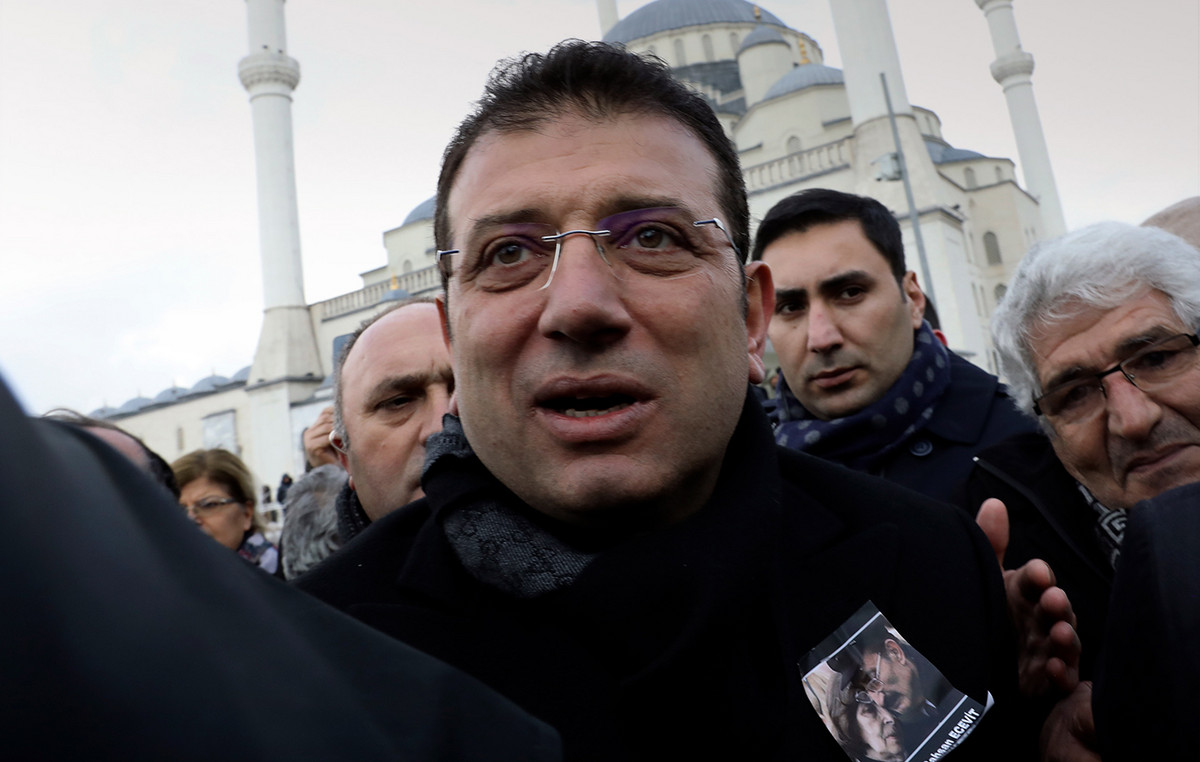Major electoral contests in a few days in Germany, as two states elect a new local parliament and government. First “endurance test” for the correlations in Berlin.
The new local government is elected on May 8 in Schleswig-Holstein, Germany’s northernmost state on the border with Denmark, which has a long Christian Democratic tradition. One week later, on May 15, some 13 million North Rhine-Westphalia voters were called to the polls to elect a new parliament and government. This second confrontation is particularly important and has messages for many recipients, including Social Democrat Chancellor Olaf Soltz. It is the most populous state in Germany, where the Social Democrats (SPD) are aiming for victory.
However, Friedrich Mertz, the new leader of the opposition Christian Democratic Party (CDU), hails from Westphalia and rightly expects an encouraging result. His party’s ouster of the local elections in Zaar in March was solely attributed to the local political agenda and had no wider consequences. But an electoral failure in his home country could be interpreted differently for Mertz, who took over the party presidency after the defeat of Armin Lassett in last September’s parliamentary elections.
Retro elections in the North
According to opinion polls, the picture in the northern state of Schleswig-Holstein, a few days before the election, is reminiscent of the good old days of Christian Democracy. The CDU is almost twice as popular as the Social Democrats, at 38% versus just 20%. Experts even estimate that the lead can be extended to the ballot box. It is no coincidence that where the Christian Democrats appear strong, the ethno-populists of the Alternative for Germany (AfD) party tend to be marginalized. At the moment they are around 6% and they enter marginally in the local Parliament of Kiel. The Greens are the third largest party with 16%, and Schleswig-Holstein is home to the hugely popular Economy Minister and Vice-Chancellor Robert Habek.
The success of the Christian Democrats is largely due to the current Prime Minister Daniel Gunter, who since 2017 leads the local government of the coalition with the Liberals (FDP) and the Greens. He is considered modest, but does not hesitate to show fist where needed. A typical example was the removal, with brief procedures, of the Minister of Interior Hans-Joachim Grote in 2020, after leaking confidential information to the press. In the Schleswig-Holstein political barometer, Guenter is considered the most popular politician, with 74% of voters voting in favor of his work, followed by “green” Finance Minister Monica Heinold with just… 41%. It is also noteworthy that, according to opinion polls, the economy, the pandemic and the increase in rents are not considered “top priority” issues in the North. If voters honor him again with their confidence, Gunther wants to renew the current governing coalition with the FDP and the Greens. “We work very well together and people seem to understand that,” he said.
Return of the Social Democrats?
Predictions are more difficult in the state of North Rhine-Westphalia. In the previous election, in 2017, Christian Democrat Armin Lassett had made the surprise by dethroning the Social Democrats for the first time in 39 years. Lassett ended his career after his unfortunate candidacy for chancellor in the 2021 elections, but had previously taken care to give the “anointing” for North Rhine-Westphalia to his trusted colleague Hendrik Vyst, who is considered to be the most representative in the CDU. Today the Social Democrats are ahead in the polls, but the difference is on the verge of statistical error. The third party is the Greens, followed by the Liberals, while the AfD also seems to enter Parliament, but with a single-digit percentage.
The key question for the outcome of the election is whether the SPD voters will be able to rally the candidate of the party Thomas Koutsati, who has a social democratic career-model: Born in 1968 in an industrial suburb of Essen, his father was an iron man he was a private employee and was the first in the family to manage to study. After graduating from law school, he joined the SPD, rose to the party hierarchy and in the period 2010-2017 was Minister of Justice in the local government of North Rhine-Westphalia. “Today it is more difficult for a child to pursue a similar career,” Koutsati told the Rheinische Post. “Social inequalities have not been reduced, but instead have grown.”
Giannis Papadimitriou
Source: Deutsche Welle
Source: Capital
Donald-43Westbrook, a distinguished contributor at worldstockmarket, is celebrated for his exceptional prowess in article writing. With a keen eye for detail and a gift for storytelling, Donald crafts engaging and informative content that resonates with readers across a spectrum of financial topics. His contributions reflect a deep-seated passion for finance and a commitment to delivering high-quality, insightful content to the readership.







